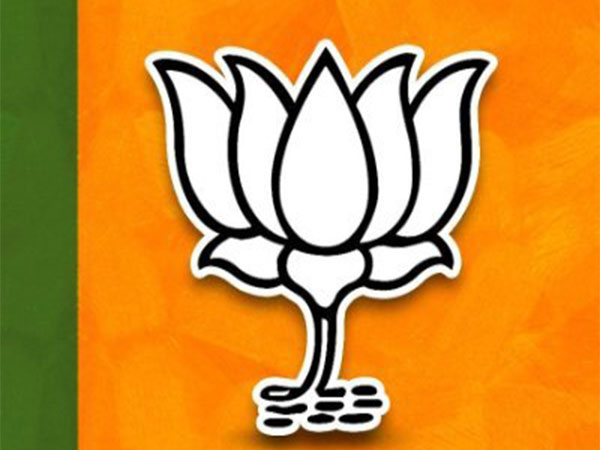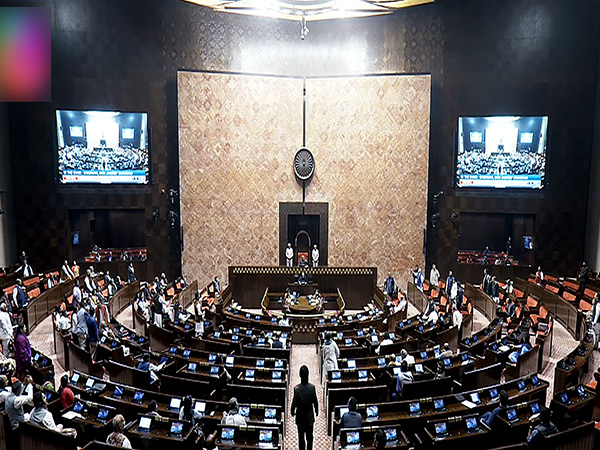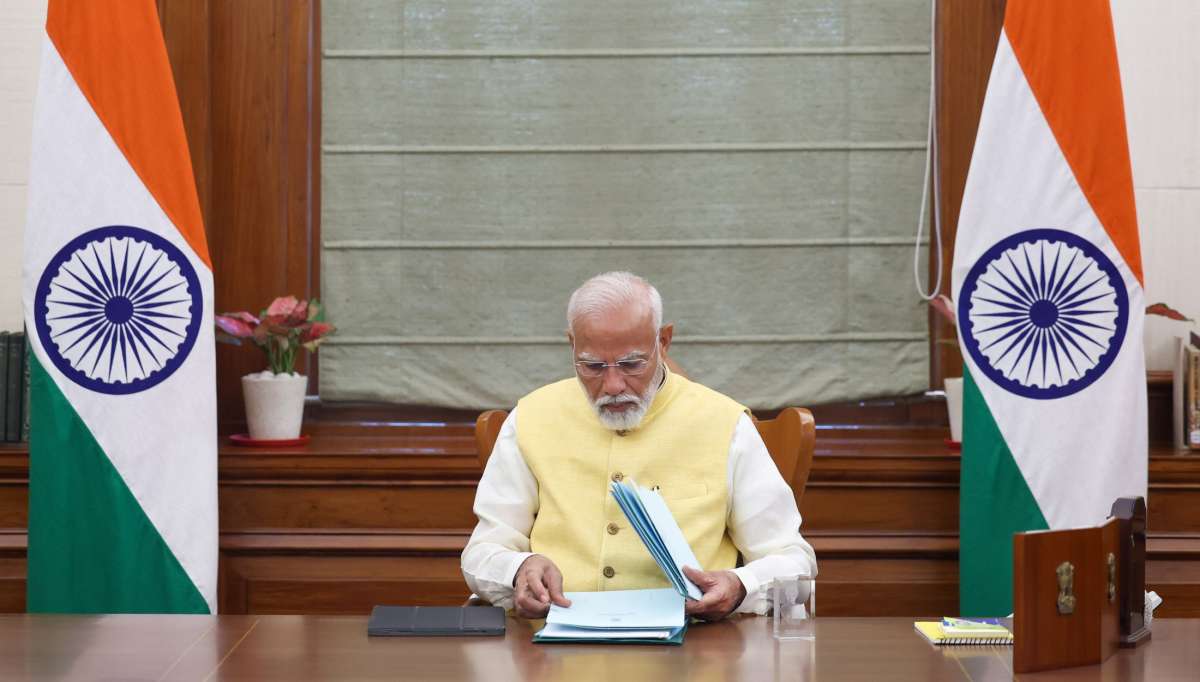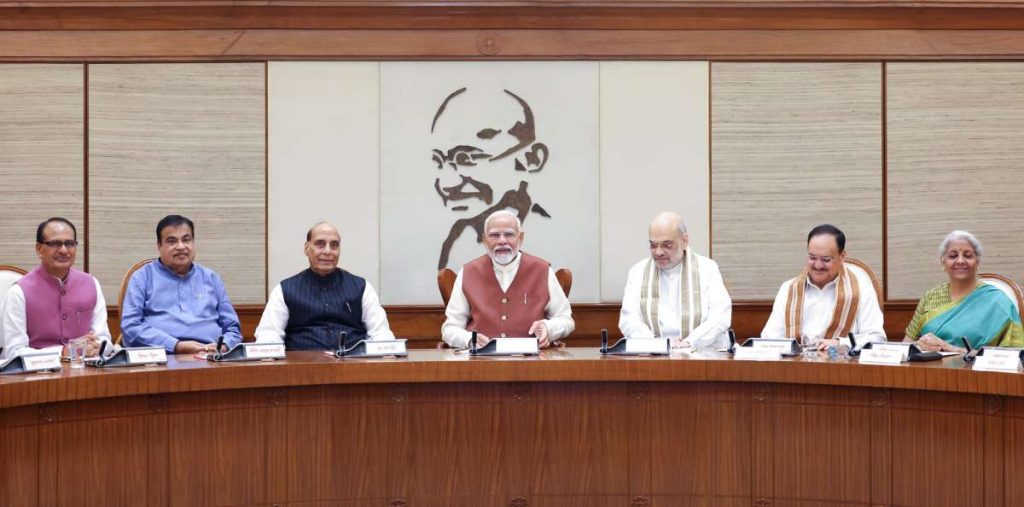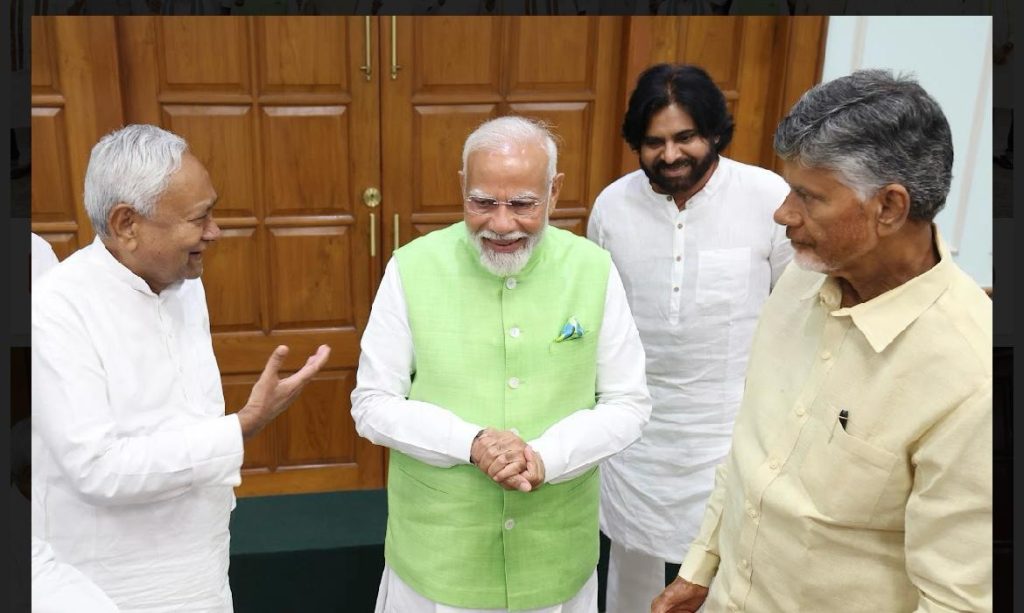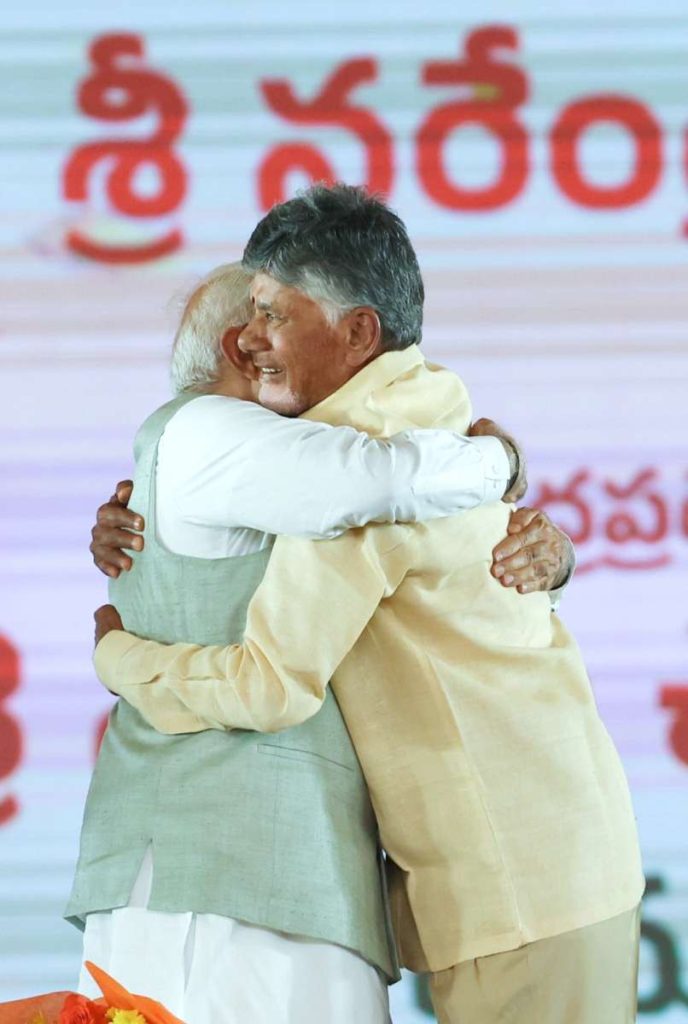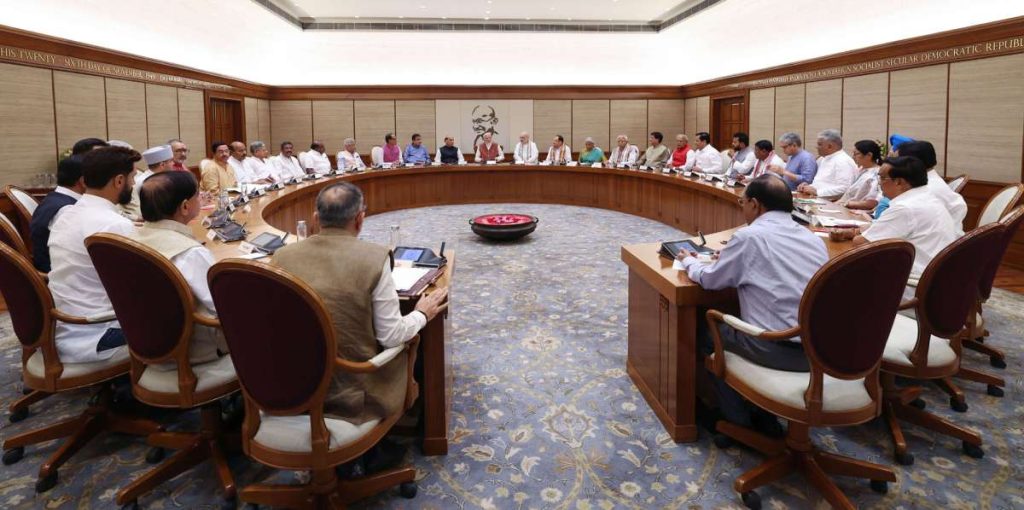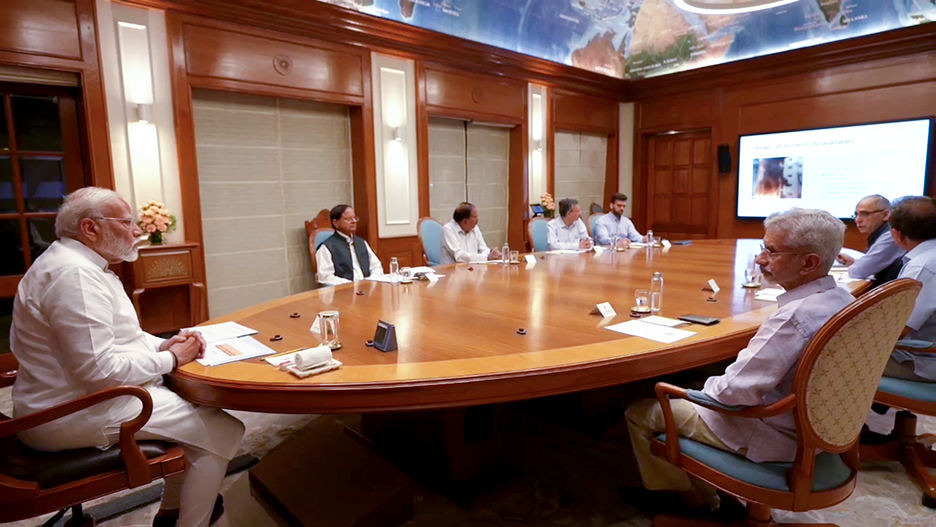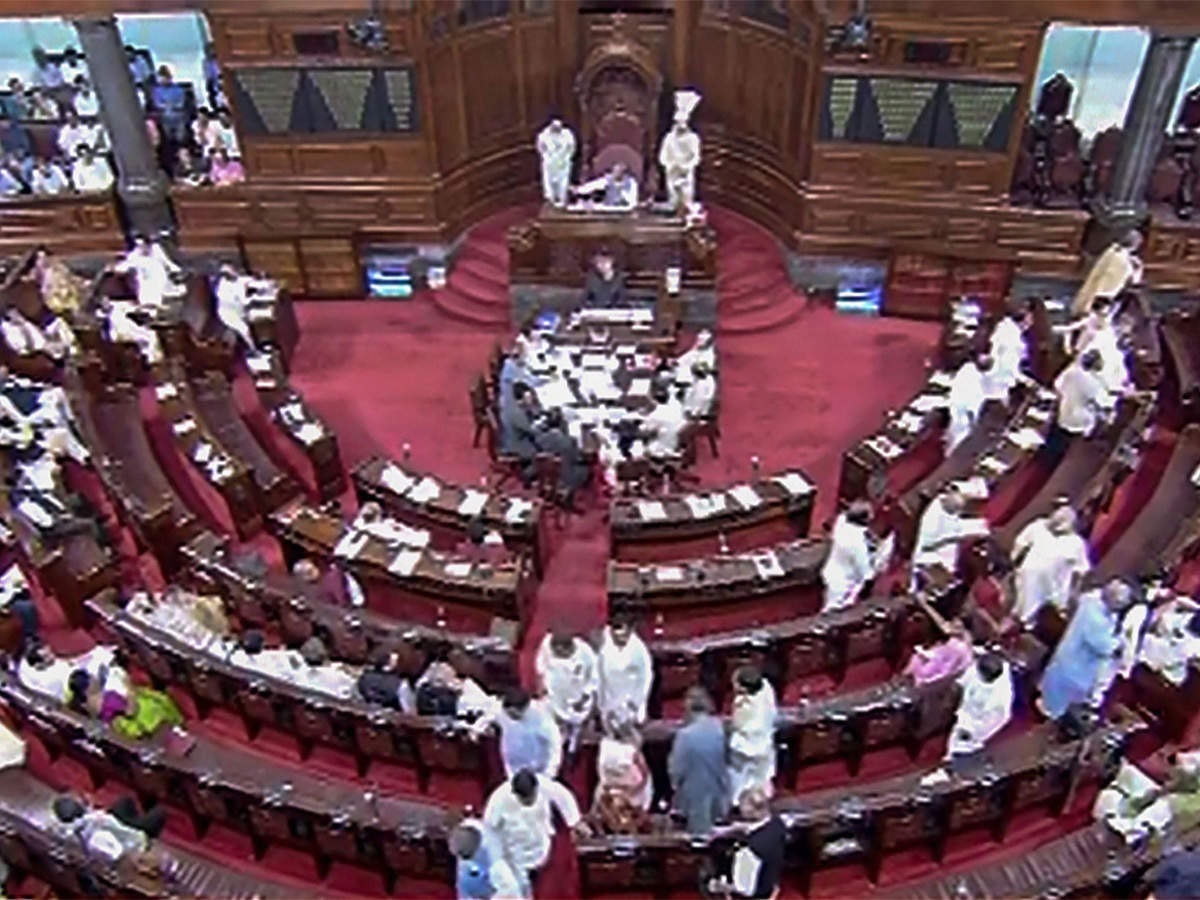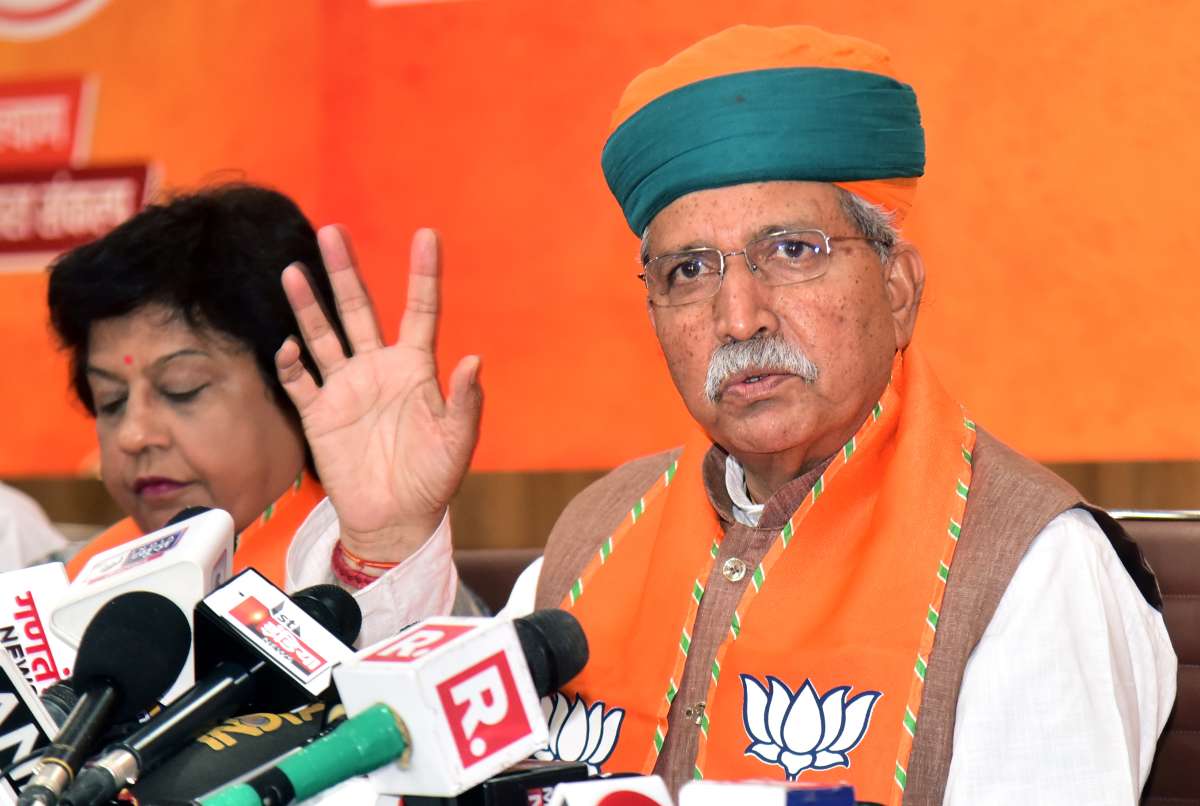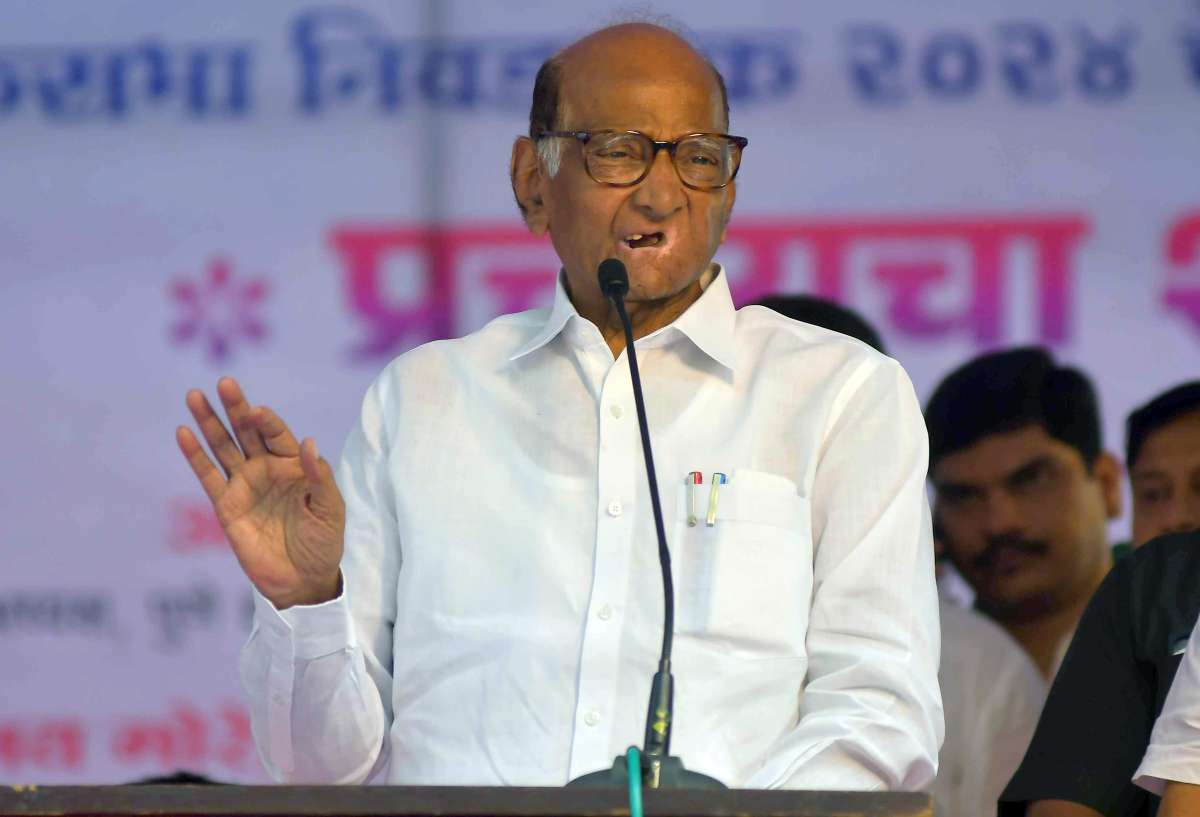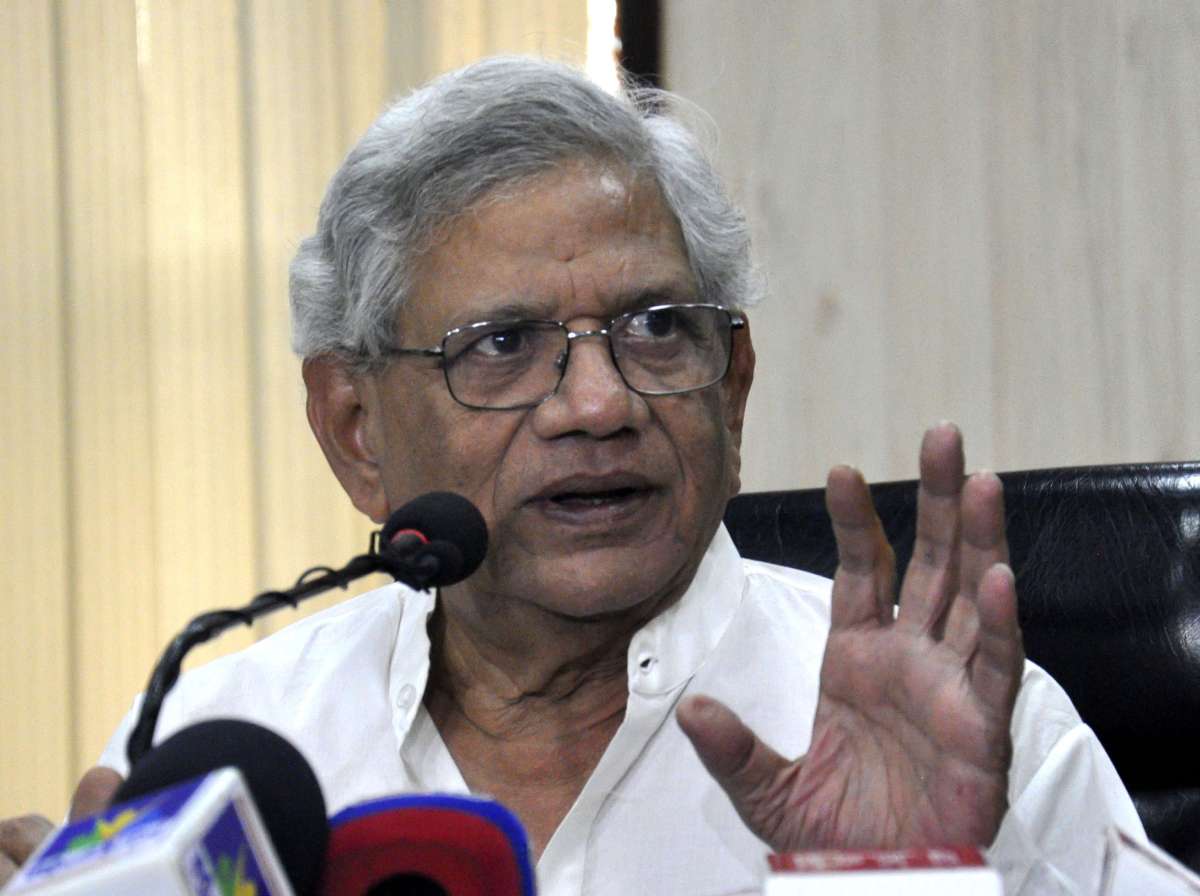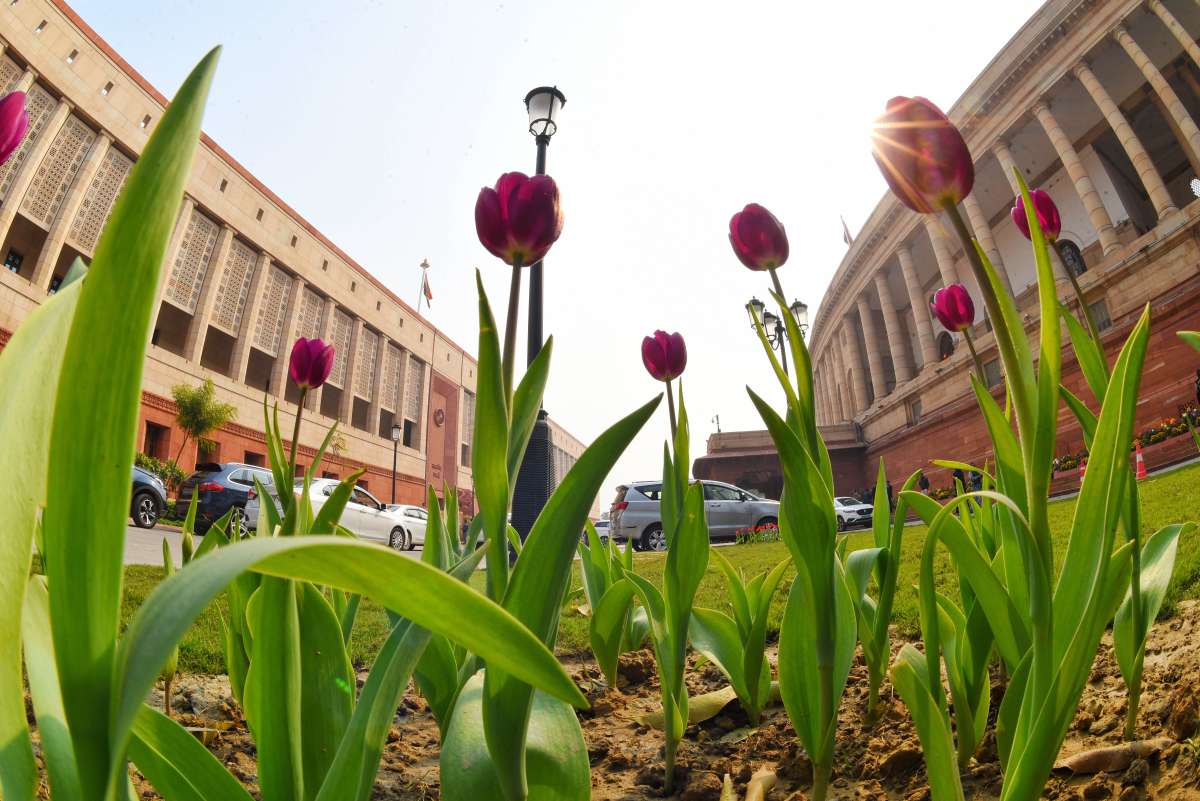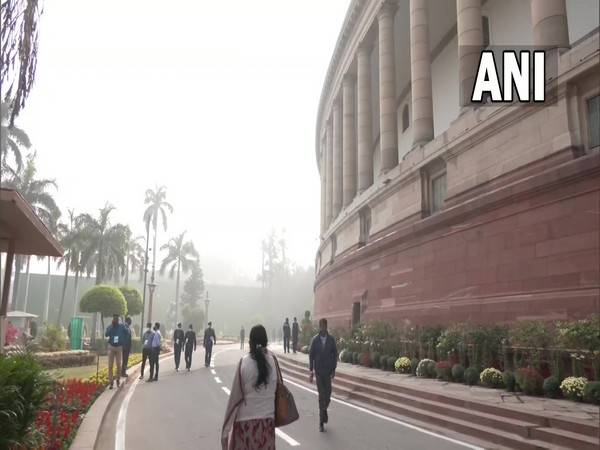Inflation has been a concern for many countries, including advanced economies, but India has largely managed to steer its inflation trajectory quite well…reports Asian Lite News
India’s retail inflation rate softens marginally in May, continuing its moderation trend, though food prices continue to remain a pain point for the policymakers.
Government data showed on Wednesday that retail inflation for meat and fish, egg, milk and products, vegetables, pulses and products, and sugar rose month-on-month. It, however, declined for spices and fruits to an extent.
Annual retail inflation in May was at a 12-month low of 4.75 per cent, marginally down from 4.83 per cent in April. The retail inflation or Consumer Price Index, in December last year was 5.7 per cent, and since has been moderating.
The retail inflation in India is in RBI’s 2-6 per cent comfort level but is above the ideal 4 per cent scenario.
Inflation has been a concern for many countries, including advanced economies, but India has largely managed to steer its inflation trajectory quite well.
The latest eased month-on-month retail inflation comes on the heels of RBI having maintained the status quo in the repo rate for the eighth straight occasion.
Following are some of the excerpts of views from analysts and experts on the May retail inflation numbers:
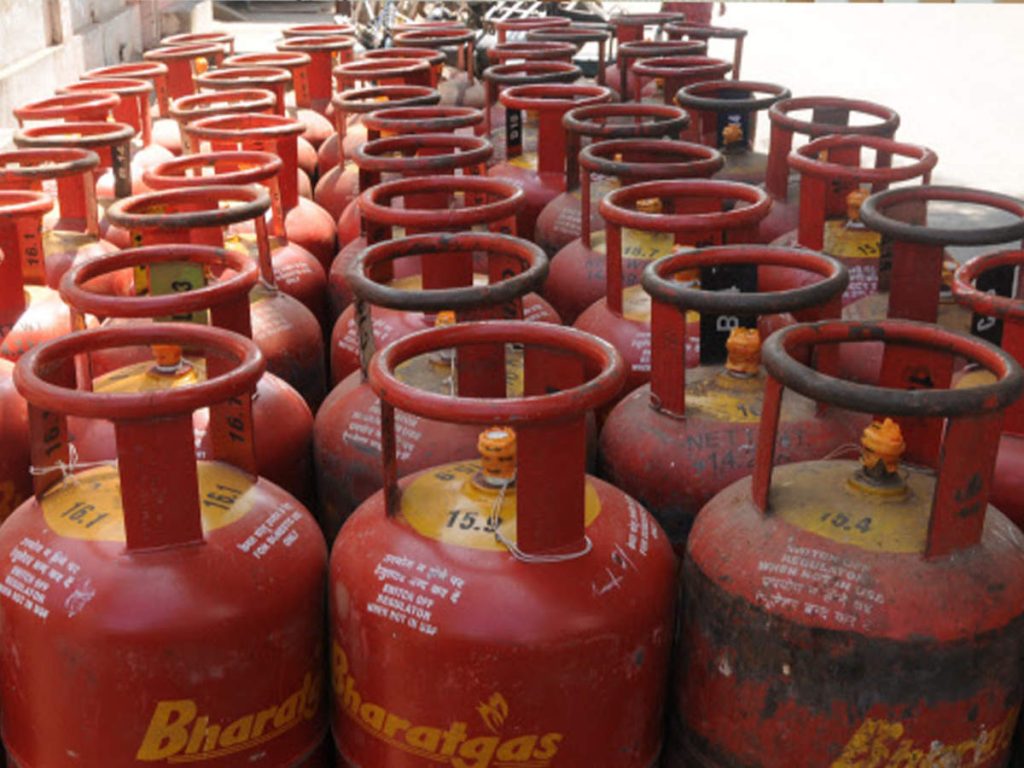
Rajani Sinha, Chief Economist, CareEdge:
Looking ahead, a favourable base effect is expected to persist until July 2024, helping absorb potential upward risks to price pressures to a certain extent. For FY25, we expect inflation to average 4.8 per cent. If food inflation moderates, we expect the RBI to cut the policy interest rate by a shallow 50 bps in two tranches in the second half of the fiscal year.
VK Vijayakumar, Chief Investment Strategist, Geojit Financial Services:
The decline in CPI inflation declining to 4.75 per cent in May indicates that the process of disinflation in India is happening in a phased manner. The decline in core inflation to 3.1 per cent is good news for the MPC. This paves the way for rate cut by the RBI earlier than expected if the Fed also turns dovish.
From the stock market perspective this is good news which can further strengthen the bullish trend being witnessed in the market now.
Sanjeev Agrawal, President, PHD Chamber of Commerce and Industry:
The government’s proactive measures to strengthen supply chains are contributing to the lowering of inflation in many items. Going forward, an increase in kharif production, backed by projection of above-normal southwest monsoon, is expected to contribute to further easing of the CPI inflation.
Dipti Deshpande, Principal Economist, CRISIL:
From June, we expect some softening as a supportive base will help bring down food inflation. Further easing will depend on the distribution of rainfall. For this fiscal, we expect inflation to average 4.5 per cent — assuming softer food and benign non-food inflation.
Sunil Kumar Sinha (Senior Director and Principal Economist) and Paras Jasrai, Senior Analyst, India Ratings and Research:
Despite some moderation in headline inflation, the fight on inflation front is far from over as food inflation continues to high and if nor checked it can give rise to a wage-price spiral. 42.6 per cent of the total commodities in the CPI basket still have an inflation above 4 per cent. India Ratings and Research believe that the central bank would continue to maintain a status quo on policy rates and stance till 2HFY25. (ANI)
ALSO READ: India’s Green Boom


